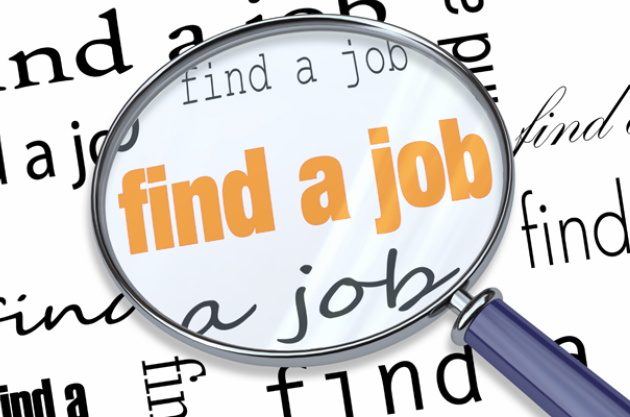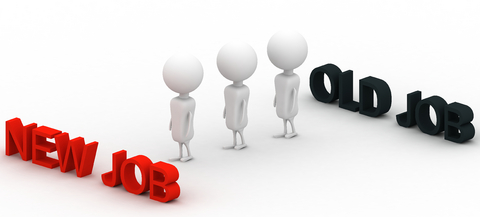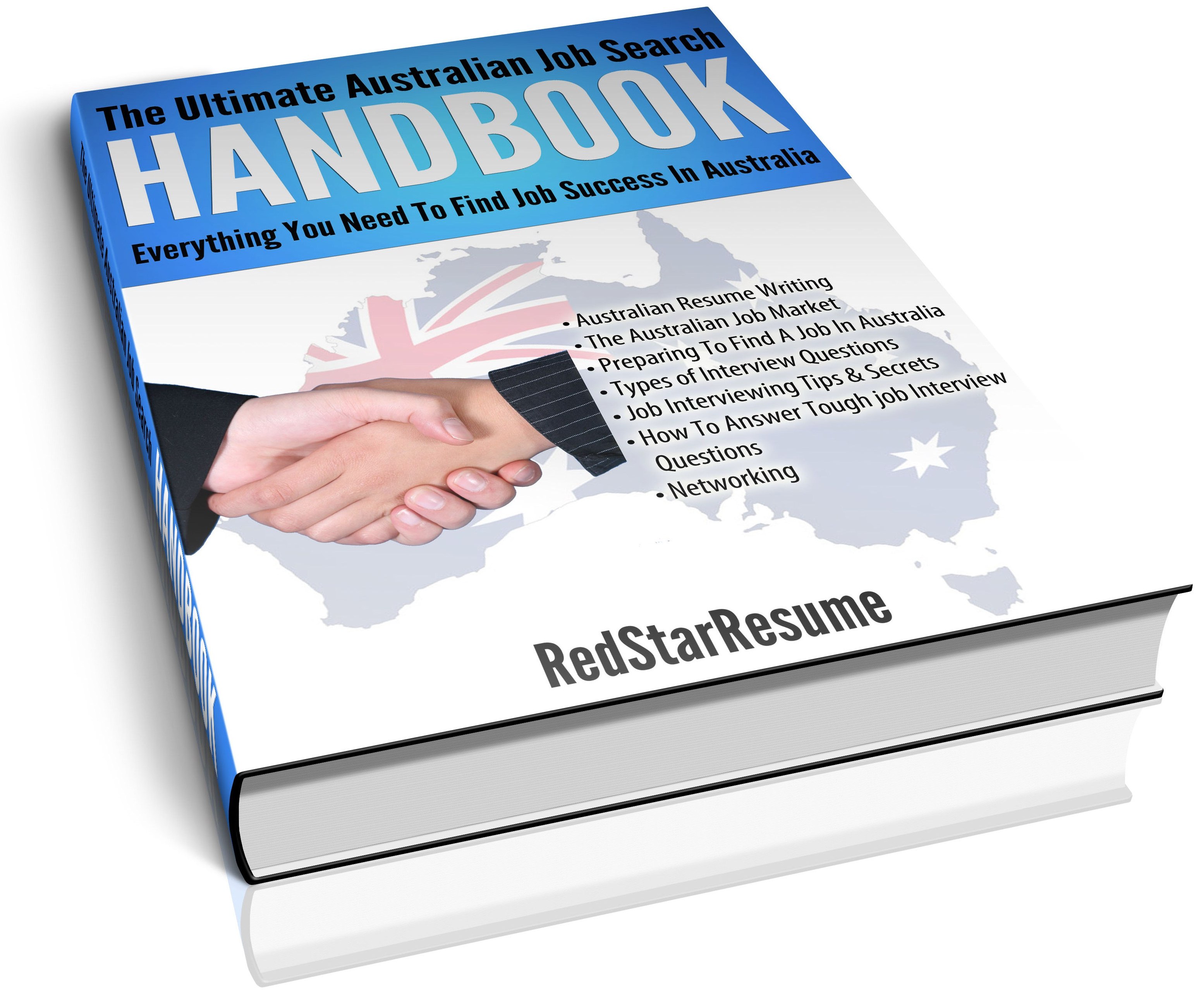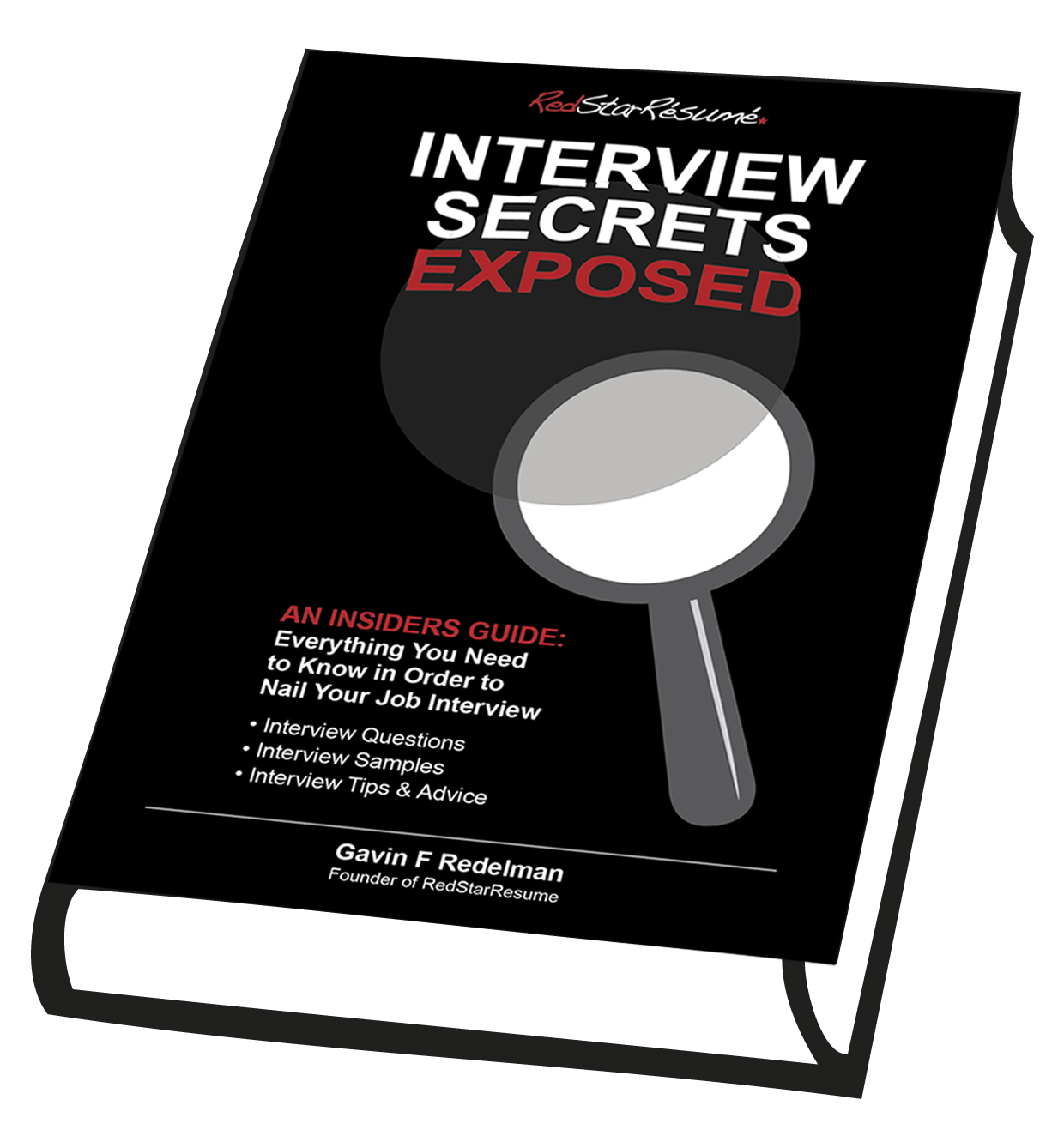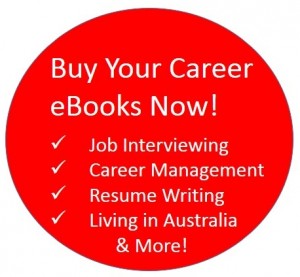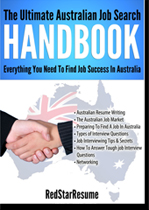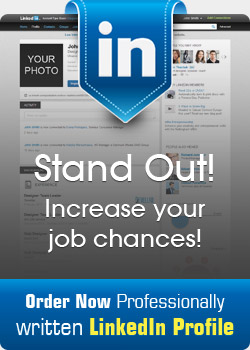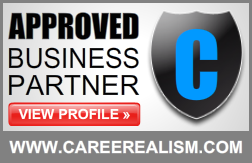 Resume writing and applying for jobs was easy. Now I have been called for a job interview and I am freaking out.
Resume writing and applying for jobs was easy. Now I have been called for a job interview and I am freaking out.
Preparing for the job interview requires you to get a few things in order first before you appear at the official interview. Remember that first impressions are the most lasting and you’ll want to make your job interview the best impression possible so you can maximize your chances of getting the position.
Find below 4 simple tips to keep in mind when you are going to your job interview. Doing each of them right will help your chances of getting hired.
Be on Time:
This cannot be stressed enough. If you can’t make it to your job interview on time, you shouldn’t bother to show up at all. Showing up late not only presents an unprofessional image, but it also tells the hiring manager that you are either not that interested or cannot be trusted to show up. Would you want to hire someone who comes late to a job interview?
The easiest advice is to leave early and allow plenty of time for traffic. If you have not been to the office location before, ensure that you have printed off directions and have a clear understanding of how to get to your destination. The most optimal time to get to an interview is 15 minutes early. This will also allow you to complete any paperwork that may be required. If you do find yourself arriving for the interview extremely early go and find a coffee shop and relax before the job interview. Sitting in the business offices for an extended time is not advised. Imagine being invited to someone’s house for dinner at 8pm and showing up at 6.30!
Dress Appropriately:
Wearing a tattered t-shirt and ripped blue jeans will probably not help you get an office job. Conversely, showing up in a tuxedo will probably not help you land an auto mechanic job either. When you walk through the doors to your interview what you are wearing will impact on the first impression the hiring manager will make. Believe it or not, but how you dress can make a huge impact on your interview.
Elaborate your Answers:
I have sat face to face with many job seekers who have answered all interview questions with only yes or no answers. It goes without saying that none of these candidates got the jobs. When preparing for your interview you need to be able to anticipate the type of questions that you will be asked and prepare answers accordingly. My secret is to write down 10 career accomplishments with specific examples and adapt these achievements into your answers. This way you have examples ready to go, no matter what type of questions are asked.
Ask Questions:
Don’t be intimidated by the job interview. The interview process is much about you finding out about the business and if the business is the right fit for you. Prepare yourself before the interview with several questions that you can ask. Don’t ask about money or benefits, but ask instead about the culture of the business, the organizational future goals, the responsibilities of the job position and other questions that are important for you and your career.
© RedStarResume Publications – http://www.bestresponseresume.com
Click here to buy the brand new Ebook from RedStarResume “Interview Secrets Exposed” is an insider’s guide on everything you need to know in order to nail your job interview.









